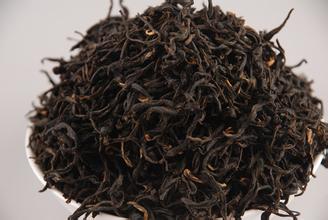Black tea is a type of tea that is more oxidized than oolong, green and white teas. Black tea is generally stronger in flavor than the less oxidized teas. Black tea contains caffeine. Caffeine is broken down by the liver. Some medications decrease how well the liver breaks down other medications. These medications that change the liver might decrease how fast caffeine in black tea is broken down in the body. This might increase the effects and side effects of caffeine in black tea. Some medications that change the liver include cimetidine (Tagamet), ciprofloxacin (Cipro), fluvoxamine (Luvox), and others.
The caffeine in black tea can stimulate the body. Some medications used for depression can also stimulate the body. Drinking black tea and taking some medications for depression might cause too much stimulation of the body and serious side effects including fast heartbeat, high blood pressure, nervousness, and others.
| Catalog | Product Name | CAS Number | Manual |
|---|---|---|---|
| CFN99130 | Theaflavin 3,3'-di-O-gallate | 30462-35-2 | |
| CFN99630 | Phytol | 150-86-7 | |
| CFN99768 | Theophylline | 58-55-9 | |
| CFN90170 | Theaflavin-3-gallate | 30462-34-1 | |
| CFN97734 | Phytone | 502-69-2 |
A unique collection of 25 natural compounds from Glehnia littoralis
A unique collection of 26 natural compounds from Rehmannia glutinosa (Gaert.) Libosch. ex Fisch. et Mey.
A unique collection of 22 natural compounds from Polygala tenuifolia Willd.





